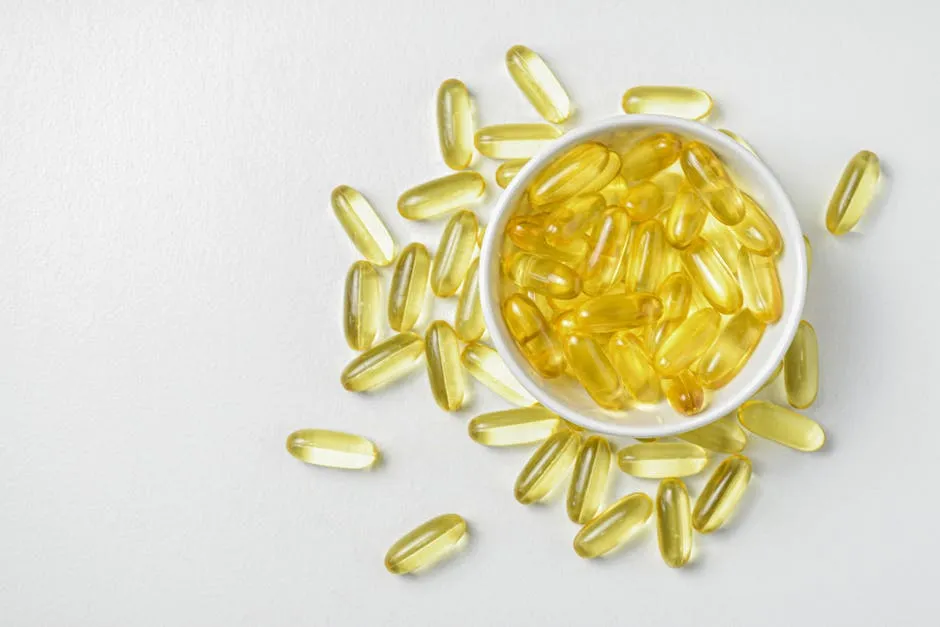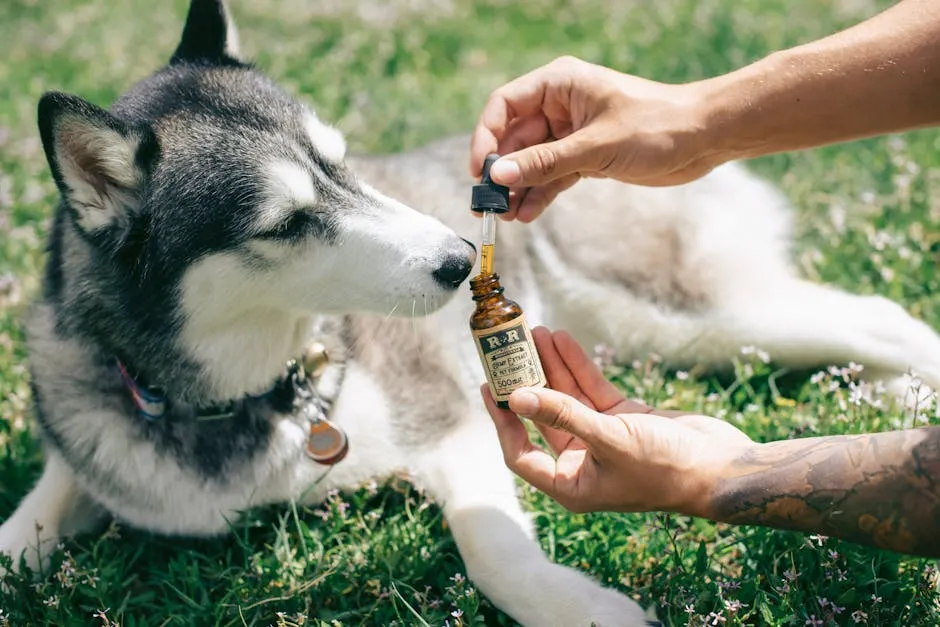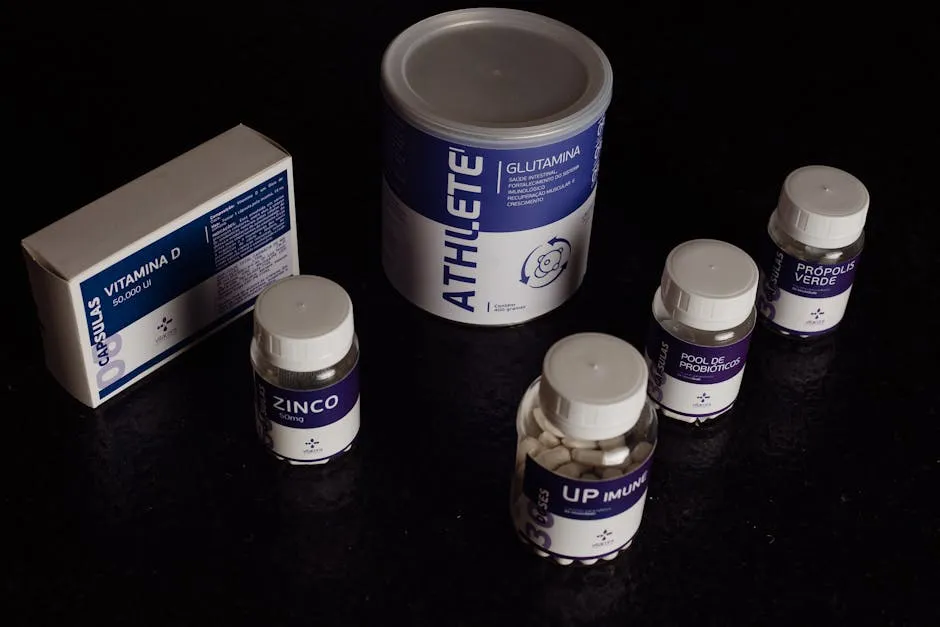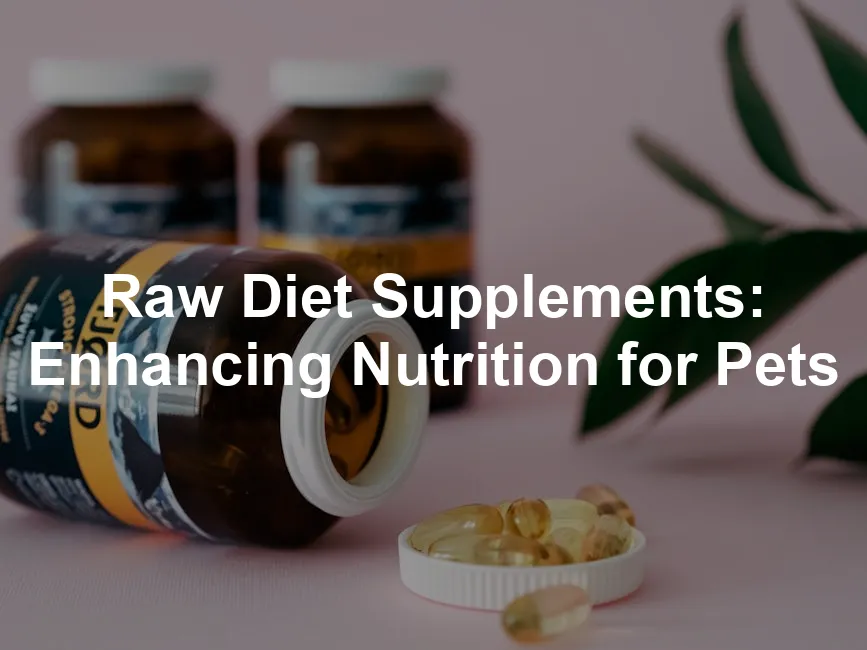Introduction
Have you heard about raw diets for pets? They’re gaining popularity among pet owners. Many believe a raw diet is the best way to nourish their furry friends. However, achieving a balanced raw diet often requires supplements. These supplements help fill nutritional gaps that can arise from feeding raw. This article focuses on the importance of raw diet supplements for pets.
Summary and Overview
Raw diets consist of uncooked meats, bones, and organs. Advocates claim these diets can improve pet health significantly. Benefits may include healthier coats, better digestion, and increased energy levels. Yet, raw diets can sometimes lack essential nutrients. That’s where supplements play a crucial role.
Supplements come in many forms, such as vitamins, minerals, and fatty acids. They help ensure dogs and cats receive all the nutrients they need. Consulting with a veterinarian is vital before adding any new supplements to a pet’s diet. This ensures the right balance is achieved for optimal health.

Types of Raw Diet Supplements
Vitamins and Minerals
Vitamins and minerals play a vital role in your pet’s health. They help support various bodily functions, from immune response to energy production. Commonly supplemented vitamins include A, D, E, and the B-complex group. Each of these vitamins has unique benefits.
Vitamin A supports vision and skin health. Vitamin D is crucial for bone strength. Vitamin E acts as an antioxidant, protecting cells from damage. B-complex vitamins help with energy metabolism and overall vitality.
Minerals are equally important. Calcium is essential for strong bones and teeth. Zinc supports immune function and skin health. Manganese plays a role in bone development and metabolism. Studies suggest that up to 30% of pets may lack essential vitamins. This highlights the importance of monitoring your pet’s nutritional intake.

To ensure your pet gets the right balance of vitamins and minerals, consulting with a veterinarian is highly recommended. They can provide tailored advice based on your pet’s specific needs. If you’re looking for a reliable source for Earth Animal Raw Diet Supplements, you can easily find them online!
Essential Fatty Acids
Essential fatty acids, particularly Omega-3 and Omega-6, are crucial for your pet’s overall health. These fatty acids support skin and coat health, aid in reducing inflammation, and promote joint health. Omega-3s are often found in fish oil, while Omega-6s can be sourced from flaxseed oil.
Research shows that pets receiving adequate Omega fatty acids have healthier skin and coats. They also tend to experience fewer allergy symptoms. To enhance your pet’s diet, consider integrating fatty acids into their meals. Omega-3 Fish Oil for Pets or Flaxseed Oil Supplement for Pets are excellent options that can make a noticeable difference in your pet’s well-being.

Choosing the Right Supplements
Identifying Your Pet’s Needs
How do you know if your pet needs supplements? Start by observing signs of potential deficiencies. Poor coat quality, lethargy, and changes in appetite can indicate nutritional gaps. A balanced diet is essential, but raw diets may sometimes fall short.
Common deficiencies include vitamins A, D, and E, as well as minerals like Zinc and Manganese. Keeping a diary of your pet’s eating habits can help identify patterns or issues. Regularly noting changes will assist in discussing your pet’s health with a veterinarian.
Consulting a vet ensures you can assess your pet’s specific nutritional needs accurately. They can recommend suitable supplements to fill any gaps and maintain optimal health. For instance, Dog Multivitamins can be a great addition to ensure comprehensive nutrition.

Selecting Quality Supplements
Choosing high-quality supplements for your pet is essential. Start by reading the labels carefully. Look for clear ingredient lists that specify the sources of vitamins and minerals. Avoid products with vague terms like “proprietary blend.”
Third-party testing is crucial. This ensures the product meets quality standards and is safe for your pet. In fact, studies show that up to 30% of supplements lack proper quality control. Opt for brands that display certification from reputable testing organizations.
When considering supplements, prioritize those labeled as “quality pet supplements” and “third-party tested.” These labels indicate a commitment to safety and efficacy. For reliable options, check out brands like Perfectly Rawsome Supplements. They offer quality products backed by research and customer testimonials.

Administration of Supplements
Proper Dosage and Frequency
Administering supplements correctly is vital for your pet’s health. Start by determining the right dosage based on your pet’s weight. For example, a common recommendation is 1 scoop (about 2 grams) per 10 pounds of body weight. This ensures your pet receives an appropriate amount without overdoing it.
Timing also matters. Most supplements can be given with meals to enhance absorption. It’s often best to split the daily dosage into two or three smaller servings throughout the day. This method can improve digestibility and effectiveness.
Common mistakes in supplement dosing can lead to serious health issues. Many pet owners accidentally over-supplement, thinking more is better. To avoid this, consult your veterinarian for personalized advice on proper dosing and timing.

Potential Risks and Side Effects
While supplements can benefit pets, improper use can pose risks. Over-supplementation may lead to toxicity. For instance, excessive Vitamin A can cause serious health problems. It’s essential to monitor your pet for any adverse reactions after introducing a new supplement.
Signs of potential issues include vomiting, diarrhea, or changes in behavior. If you notice any of these symptoms, contact your veterinarian immediately.
Statistics indicate that supplement-related issues occur in approximately 10% of pets. Therefore, always be cautious and introduce new supplements gradually. Keep a close eye on your pet’s health, especially during the first few weeks after starting a new product.

Conclusion
Incorporating supplements into a raw diet is vital. They help fill nutritional gaps that may arise. A well-balanced raw diet often requires these supplements to ensure your pet stays healthy.
Consulting a veterinarian before adding new supplements is crucial. They can provide tailored advice specific to your pet’s needs. This way, you can avoid potential health risks associated with improper supplementation.
Always prioritize your pet’s nutritional health. A balanced diet, combined with the right supplements, can lead to a happier, healthier life for your furry friend. For added peace of mind, consider getting a Pet Health Monitoring Device to keep tabs on their well-being.

FAQs
What are the most common supplements needed for a raw diet?
Common deficiencies in raw diets include zinc, magnesium, and vitamins D and E. Supplementing with these nutrients can help meet your pet’s needs. For example, zinc can support immune function, while vitamin D is crucial for bone health. Always consult with your veterinarian for specific recommendations.
How do I know if my pet needs supplements?
Look for signs of nutrient deficiencies, such as poor coat quality, lethargy, or digestive issues. Regular vet check-ups can help you assess your pet’s nutritional status. A veterinarian can provide customized advice based on your pet’s symptoms.
Are all pet supplements safe?
Not all supplements are created equal. It’s important to choose products that meet safety standards. Look for third-party testing and clear ingredient lists. This ensures quality and safety for your furry companion.
Can I give human supplements to my pet?
Human supplements can be harmful to pets. They often contain ingredients that are safe for humans but toxic to animals. Always use supplements specifically designed for pets to ensure safety and efficacy.
How should I introduce supplements to my pet’s diet?
Start by gradually mixing the supplement with your pet’s food. Monitor them closely for any adverse reactions. A slow introduction allows their digestive system to adjust without causing upset.
What are the risks of over-supplementing my pet?
Over-supplementation can lead to health issues, including toxicity. Excessive vitamin A, for example, can cause serious problems. Always follow recommended dosages and consult your vet to avoid potential risks.
Where can I find quality raw diet supplements?
Look for reputable brands that prioritize quality and transparency. Stores specializing in pet nutrition often carry high-quality supplements. Online resources like Earth Animal and Perfectly Rawsome provide trustworthy options.
Common Nutritional Deficiencies in Raw Diets
Raw diets can be beneficial, but they may also lead to nutritional gaps. It’s essential to understand these gaps to provide the best for your pet. Many pet owners might not realize that a raw diet can lack vital nutrients.
One common deficiency is vitamin D. This vitamin is crucial for calcium absorption and bone health. Without adequate sunlight or dietary sources, pets may struggle with bone development.
Zinc is another nutrient often missing. It supports immune function and skin health. A lack of zinc can lead to issues like skin irritations or slower healing.
Manganese is also frequently overlooked. This mineral aids in metabolism and bone formation. Pets on a raw diet without sufficient variety may not get enough manganese.
The importance of variety in protein sources cannot be overstated. Feeding the same type of meat repeatedly can result in deficiencies. For example, including different meats like beef, chicken, and fish can help cover nutritional needs.
Statistics show that around 40% of pet owners are unaware of potential deficiencies in raw diets. It’s crucial to educate yourself on this topic. Regularly assessing your pet’s diet can help identify any gaps.

To ensure a balanced diet, consider integrating supplements that target these deficiencies, such as B-Complex Vitamins for Pets or Probiotic Supplements for Pets. Consulting with your veterinarian is always a good idea. They can help assess your pet’s specific needs and recommend appropriate solutions.

To learn more about the importance of raw diet supplements, visit our detailed post on raw diet supplements.
Please let us know what you think about our content by leaving a comment down below!
Thank you for reading till here 🙂
All images from Pexels





